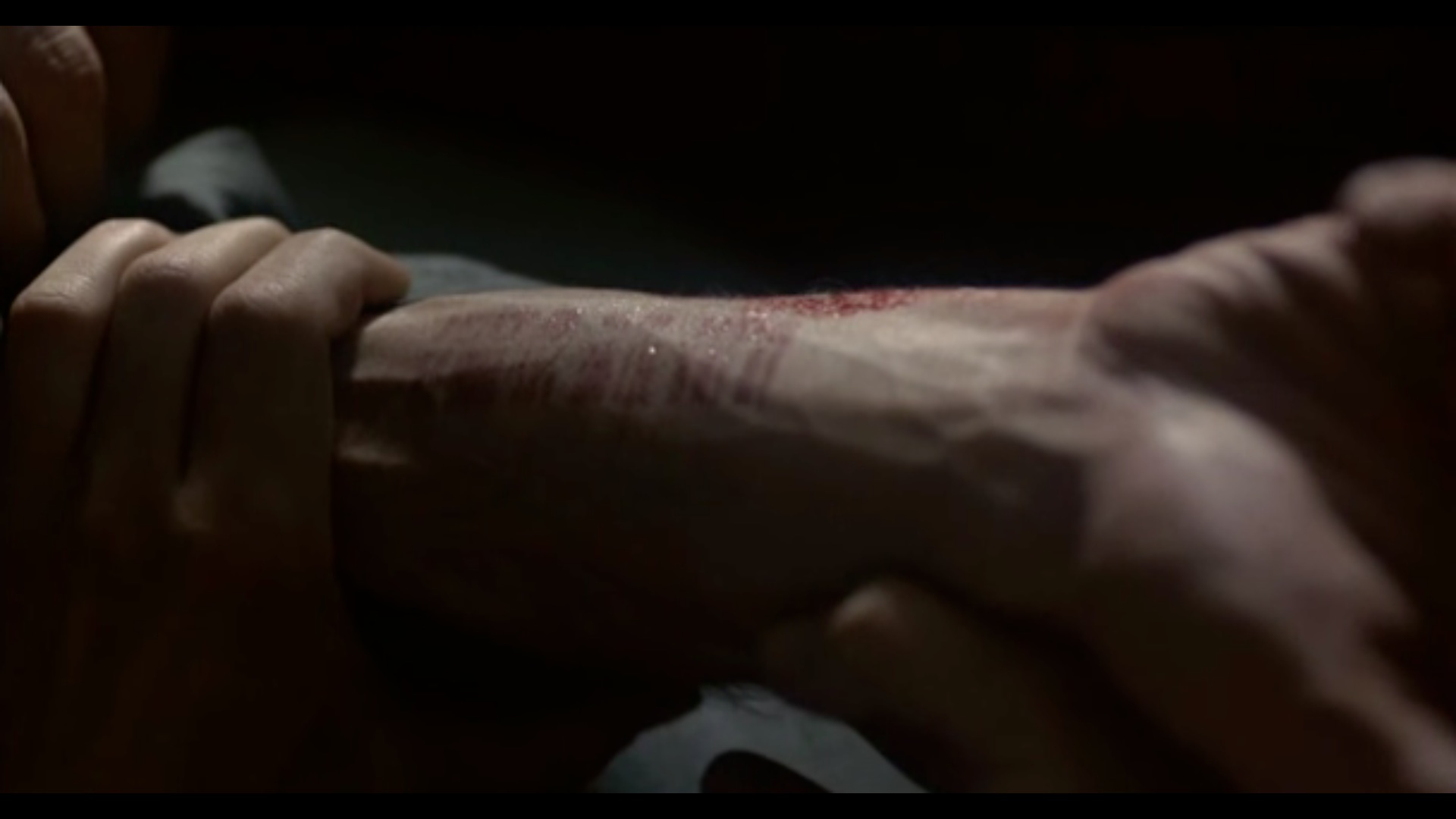Inspired by this question Sci Fi Dystopia: people classified by color coded bloodlines barcodes I wonder if anyone knows the earliest mention of barcodes in a SF book/film/TV show etc?
-
1There are probably earlier examples. Dark Angel a 90s TV show had barcodes on the necks of created chimera children.– Judith JonesCommented Apr 6 at 0:34
-
Thinking about my own question and there was one of the Pern Dragonrider books where they unearthed the original colony computer - I think they were mystified by the barcodes on the electronic spares - but I can't remember the book or publication date– Danny Mc GCommented Apr 6 at 9:21
-
1I had a vague recollection of a cover for "The Programmed People" sporting barcodes but after some research, the 1963-06 cover of "Amazing Stories" just shows a surreal image of people afflicted by some kind of punch code or maybe music box code (?): Amazing Stories, June 1963– David TonhoferCommented Apr 6 at 16:27
-
1re: Pern the wiki lists books which mention or feature the computer and they seem to be 1990 and after.– YorikCommented Apr 11 at 14:51
-
1@DavidTonhofer that's just punch cards which is what one would use to program a computer and heaven help you if the feeder mangled your cards or you dropped the box on the floor scattering them. Not barcodes but could be seen as such.– YorikCommented Apr 11 at 14:52
4 Answers
In 1984's The Terminator, Kyle Reese shows a barcoded identification tattoo to Sarah Connor:
-
1In retrospect a bit silly as you have walking killer robots that certainly have no problem reading numbers but somehow machine-readable encoding for product numbers which is 70s tech need to be applied to skin. Well, it works. 😎 Commented Apr 6 at 16:03
The 1983's fantasy-scifi novel Dream Thief by Stephen R. Lawhead briefly mentions a jumpsuit with a barcode. Page 29:
Spence had heard about such "field trips," as she called them; at least once a session various cadets would be chosen to take a trip to one of the extra-terrestrial bases to see firsthand the work going on there. Mars was without doubt the deluxe trip. Anyone who made that one would add an appreciable amount of prestige to his credentials.
"When is the–ah, field trip supposed to take place? I hope you don't mind my asking. Would you like to walk for a while? My name is Spencer. Spence."
"I know. I looked it up in your file, Dr. Reston". To his look of mild surprise she added, "Oh, it wasn't hard. I told you I never forget a face. And I remembered the bar code on your jumpsuit."
Here it sounds like it's the identification number attached to the barcode that the woman used to find out the protagonist's name. I didn't find any mention of the barcode being automatically scanned by a machine (but perhaps I didn't look hard enough), so it seems that its "scannable" feature is only implicit here.
Now, if you read about the history of barcodes, it wouldn't surprise me that (more or less mundane) references to barcodes appeared in sci-fi literature before 1983, though this novel is really the oldest mention I could find.
If you're more generally interested in references to automatically scannable items (and not specifically barcodes), you can definitely find older examples than the 1980s. For instance, the 1970's novel This Perfect Day by Ira Levin feature bracelets uniquely identifying individuals, and being scannable by machines. Page 19:
Once when Chip put his bracelet and a toy's sticker to a supply-center scanner, its indicator red-winked no and he had to put the toy, a construction set, in the turnback bin. He couldn't understand why Uni had refused him; it was the right day and the toy was in the right category.
In Jack Vance's The Anome aka The Faceless Man (1973) all adults wear collars labeled with distinctive sequences of colors; is that close enough?
1988: "Not with a Whimper", a novelette by John Skipp and Craig Spector in Rod Serling's The Twilight Zone Magazine, February 1988, available at the Internet Archive; the quotation is from page 76, column 1.
"Scott," he said, his features wound tight. I looked up; his eyes, far wiser than they had any right to be, flitted over my features like a bar-code scanner. "If you could do anything ..."

